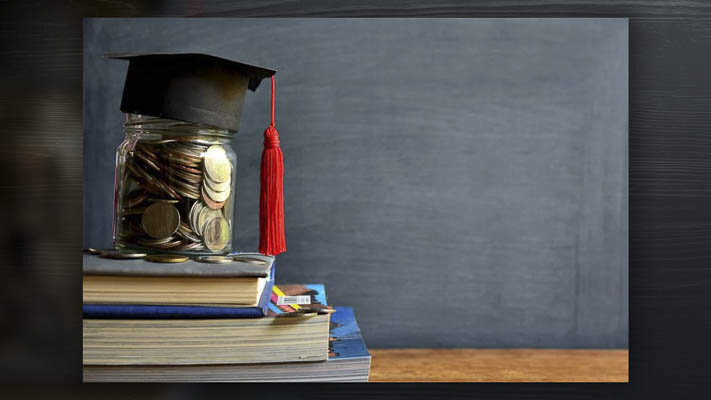
If a bill sponsored by Rep. Skyler Rude, R-Walla Walla, becomes law, learning the basics of finance will be a graduation requirement
Carleen Johnson
The Center Square Washington
Understanding how a home mortgage works, how credit cards and debt can pile up and how to make a budget are critical financial life skills.
But many students graduate high school without ever learning those skills, then find themselves deeply in debt for years to come.
If a bill sponsored by Rep. Skyler Rude, R-Walla Walla, becomes law, learning the basics of finance will be a graduation requirement.
“The Office of Superintendent of Public Instruction already has the standards in place and the curriculum is there, along with the training for teachers so there is no cost to this,” Rude said. “Some districts are already doing this and making financial literacy a graduation requirement.”
Rude says his bill will ensure all students are getting that education.
Pasco and Kennewick, both included in the district that he represents, made financial life skills a requirement for high school more than 20 years ago, according to Rude.
A high school senior from Kennewick, Ashwin Joshi told Tri Cities Business News he plans to testify next week in support of the bill and has been in contact with Rep. Rude about the legislation. Joshi founded the nonprofit Ashwin Teen Financial Academy.
“I didn’t want the legislation, HB 1915, to be too prescriptive,” Rude explained. “I wanted school districts to have flexibility in how they implement this to fit their school community needs.”
The measure will require some type of financial literacy education in all grades, “and in high school it will be a half-credit toward graduation, but we’re not telling the schools which grade it has to be taught in; that’s up to them.”
It won’t be an additional credit to graduate, that will remain at 24.
“Schools can offer financial literacy as a stand-alone class, or they can include it as part of a class already being offered, or even make it an elective,” Rude told The Center Square.
The class of 2029, students who are now in seventh grade, will be the first class required to have the financial skills half-credit to graduate.
The measure has wide bipartisan support, suggesting it could have a smooth path toward becoming law. A public hearing is set for Jan. 15 in the House Committee on Education at 1:30 p.m.
This report was first published by The Center Square Washington.
Also read:
- Stephen Davis brings his message of unity with Turning Point USA presentation in VancouverStephen Davis of Turning Point USA visited Vancouver to share a message of unity and faith with students and families.
- Cardinals elect American pope to lead Catholic churchRobert Francis Prevost becomes the first American elected pope, taking the name Leo XIV following a fourth-round conclave vote.
- Camas Police arrest robbery suspectCamas Police arrested a 19-year-old Vancouver man following a reported armed robbery early Thursday morning.
- CCSO deputy involved in deadly force incidentA CCSO deputy reported fatally stabbing a DUI suspect during an altercation at the Ridgefield WSP Scale House.
- Opinion: Revolution or revival?Nancy Churchill argues that Washington state is ground zero for a Marxist-style revolution but says a cultural revival is possible through personal responsibility and the America First movement.
- WA governor pressed to veto $1.8B piece of Democrats’ tax billGrocers and restaurateurs are urging Gov. Ferguson to veto a surcharge in HB 2081 that they say will raise food prices statewide.
- CCSO makes arrest in attempted kidnapping investigationA 31-year-old Vancouver man has been arrested in connection with an attempted kidnapping involving a teenage girl near NE 149th Street.











